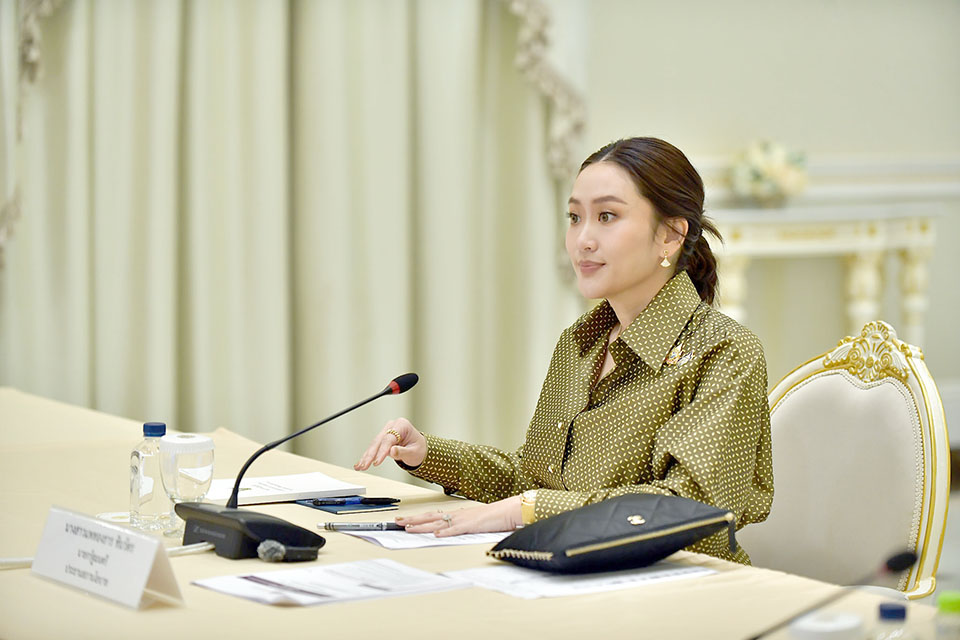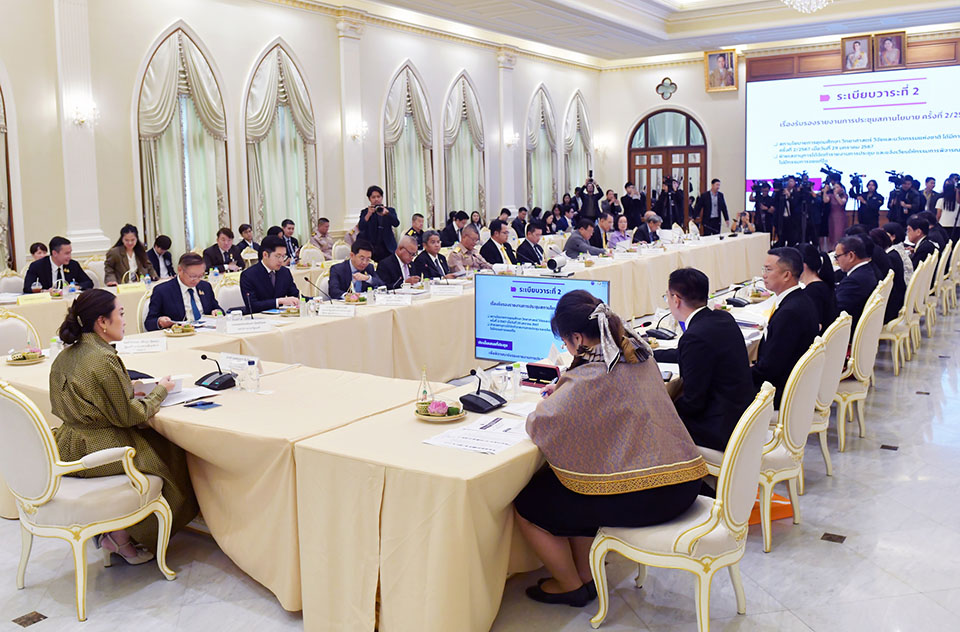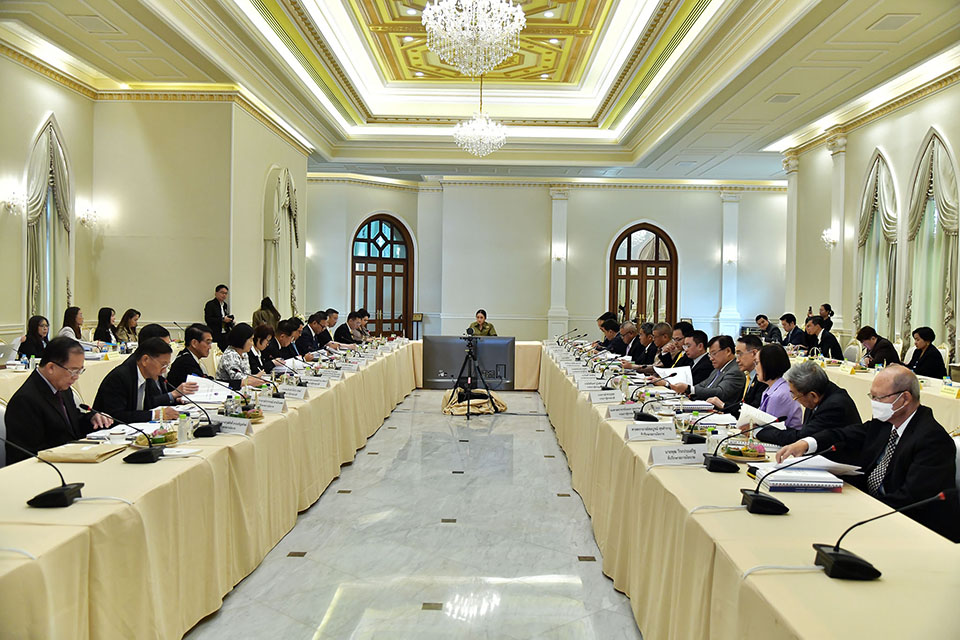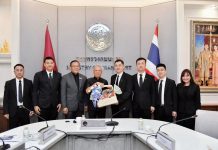
BANGKOK, Thailand – Prime Minister Paetongtarn Shinawatra chaired the National Council for Higher Education, Science, Research, and Innovation’s third meeting of 2024 at the Phakdibodin Building, Government House, October 18. Attended by Education and Defense Ministers, high-ranking officials, and experts, the meeting focused on urgent issues surrounding education, science, research, and innovation, particularly aligning with the country’s industrial needs.
The Prime Minister emphasized the need to advance research, especially in science and technology, to support key industries and attract investors. The government aims to focus on four major industries: electric vehicles (EVs), artificial intelligence (AI), semiconductors and advanced electronics, and advanced medical technologies. Additionally, two key sustainability goals were highlighted: transitioning to clean energy and preserving natural resources.
One of the most notable initiatives discussed was the production of highly skilled workers for the semiconductor industry, with a goal to train over 80,000 specialists in the next five years. This initiative is part of a broader plan to ensure Thailand can meet growing investment demands and become a global hub for the semiconductor and advanced electronics industries.

The meeting also approved the 2026 budget framework of 160.1 billion baht for higher education, science, research, and innovation, with substantial funds allocated to developing highly skilled workers across various sectors. The government also aims to establish six training centers nationwide and implement a National Credit Bank system to promote lifelong learning and flexible education for all ages.
The Prime Minister underscored the significance of aligning education with industry demands, ensuring the country remains competitive and forward-looking in high-tech fields. (PRD)









